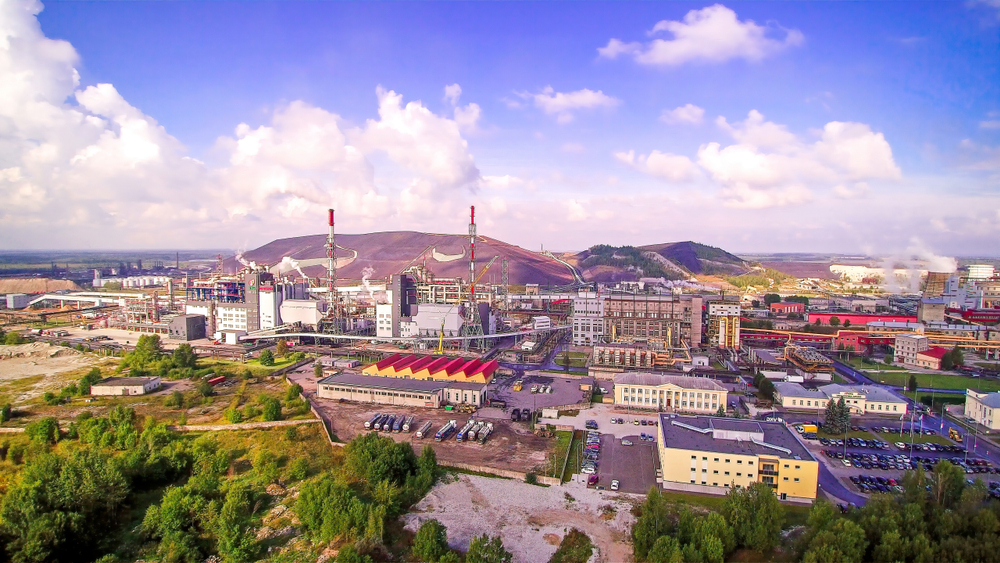A lot at stake for Estonia as it shifts away from oil shale
In the weeks immediately following Russia’s invasion of Ukraine, Estonia’s top brass showed up, one after another, in Narva, Estonia’s third largest and overwhelmingly Russian-speaking city. This included the country’s president, prime minister and defence and interior ministers. They gathered in places never far from the “Friendship Bridge” connecting Estonia’s most eastern city with its Russian sister city Ivangorod. Prime Minister Kaja Kallas said that she had come to assert her government’s “commitment to the region's development”.
July 14, 2022 -
Isabelle de Pommereau
-
Issue 4 2022MagazineStories and ideas

An oil company from the Ida-Virumaa city in Estonia. Photo:

































